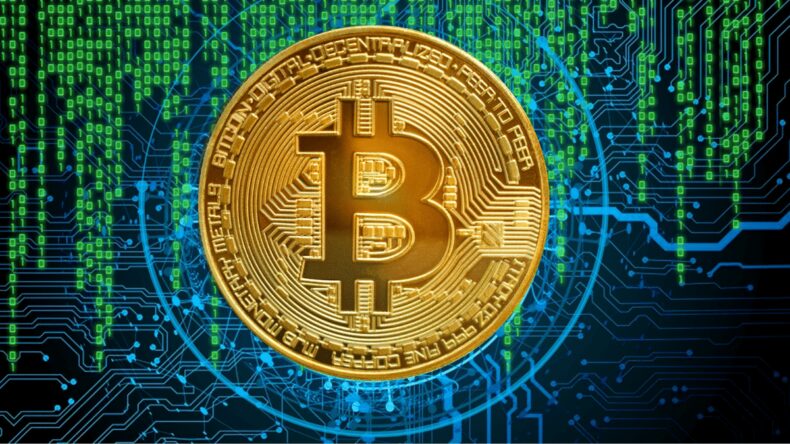Magi Eden has a modern market for Ordinals, a new class of NFTs that also are encoded on the lowest priority of Bitcoin, known as Satoshis, Bitcoin was introduced on Tuesday. Up until recently, there was no marketplace that facilitated listing and sales for these well-known NFTs. Magic Eden is working on further technologies that would enable NFT makers and collectors to create and produce Ordinal NFTs and have provisionally enabled access for supplementary sales of Ordinal NFTs onto its competitive exchange.
Table of Contents
Bitcoin’s Origin
Bitcoin is a form of electronic cash known as a cryptocurrency that was created to serve as money and a means of payment independent of any one person, organization, or institution, eliminating the need for external parties to get involved in banking transactions. Since then, it has grown to become one of the most well-renowned cryptocurrencies worldwide. Numerous supplementary cryptocurrencies have been established as a result of their status. These rivals either want to displace it as a means of payment or are employed in other cryptocurrencies and cutting-edge financial technology as utilities or digital certificates.

A logjam of transactions is twisted for network miners to corroborate. On the Bitcoin blockchain network, many miners simultaneously attempt to validate the same transaction. The nonce, a four-byte quantity contained in the public blockchain that miners are trying to determine, is worked on by the processing software and hardware.
Magic Eden’s New Feature
On the recently opened market of Magic Eden, NFT users will be willing to procure and sell Ordinals. The overall transaction experience will be the same as that of Magic Eden’s supported Solana, Polygon, and Blockchain NFTs. Now, purchasers may interact with more than 70 sets of ordinal NFTs on the Bitcoin marketplace. Magic Tickets, which give admission to a dispersed autonomous organization, are also offered by Magic Eden.
In reality, it’s a Discord conversation where users may decide regarding the way the market functions. Nonetheless, when it comes to daily revenues across all blockchains, OpenSea continues to be the biggest marketplace. At of this writing, Magic Eden is trading roughly 55,000 Sol every day, or about $2.1 million, whereas OpenSea Records is trading over $10 million in Eth every 24 hours.
The principal discrepancy between the two markets is network governance. Magic Eden and OpenSea continue to rule in quite different sectors while Solana competes with Ethereum. Before August 2022, Solana’s key advantage over Ethereum is that it is quicker and less expensive to utilize. Users may observe recent market activity and live auctions for all collections using the insights tab. With choices for anything from most transaction records to top holders, this is excellent for traders who want to keep current.

Magic Eden also features a complete website and a dedicated iOS app. Users of this app may explore a variety of NFT collections, but they cannot purchase NFTs using it. However, NFT transactions can only be made using a web browser. The Magic Eden Accelerator enables show producers to produce their NFTs in addition to marketing NFT collections. It handles the technical part of NFT development via an inventive automatic distribution technique. This frees up developers to concentrate on the artwork rather than worrying about tricky coding.
Read more at: https://www.coindesk.com/learn/what-is-magic-eden-how-to-get-started-on-the-nft-marketplace/













